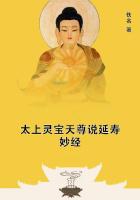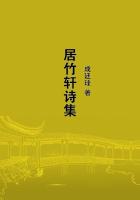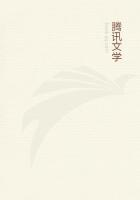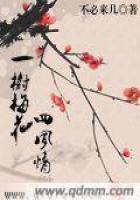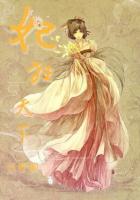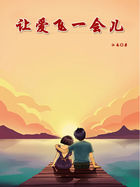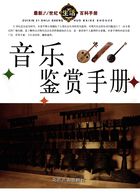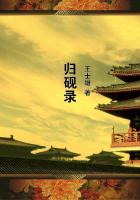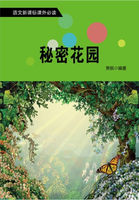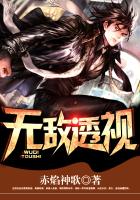As a romantic writer she neglected nothing which she could turn into literature. She therefore made an analysis of her own case, worked out with the utmost care, and published it in one of her books which is little read now. The year of the rupture was 1847, and before the rupture had really occurred, George Sand brought out a novel entitled _Lucrezia Floriani_. In this book she traces the portrait of Chopin as Prince Karol. She denied, of course, that it was a portrait, but contemporaries were not to be deceived, and Liszt gives several passages from _Lucrezia Floriani_ in his biography of the musician. The decisive proof was that Chopin recognized himself, and that he was greatly annoyed.
As a matter of fact, there was nothing disagreeable about this portrait.
The following fragments are taken from it: "Gentle, sensitive, exquisite in all things, at the age of fifteen he had all the charms of youth, together with the gravity of a riper age. He remained delicate in body ind mind. The lack of muscular development caused him to preserve his fascinating beauty. . . . He was something like one of those ideal creatures which mediaeval poetry used for the ornamentation of Christian temples. Nothing could have been purer and at the same time more enthusiastic than his ideas.
. . . He was always lost in his dreams, and had no sense of reality. . . ." His exquisite politeness was then described, and the ultra acuteness and nervosity which resulted in that power of divination which he possessed. For a portrait to be living, it must have some faults as well as qualities. His delineator does not forget to mention the attitude of mystery in which the Prince took refuge whenever his feelings were hurt. She speaks also of his intense susceptibility. "His wit was very brilliant,"she says; "it consisted of a kind of subtle mocking shrewdness, not really playful, but a sort of delicate, bantering gaiety."It may have been to the glory of Prince Karol to resemble Chopin, but it was also quite creditable to Chopin to have been the model from which this distinguished neurasthenic individual was taken.
Prince Karol meets a certain Lucrezia Floriani, a rich actress and courtesan. She is six years older than he is, somewhat past her prime, and now leading a quiet life. She has done with love and love affairs, or, at least, she thinks so. "The fifteen years of passion and torture, which she had gone through, seemed to her now so cruel that she was hoping to have them counted double by the supreme Dispenser of our trials." It was, of course, natural that she should acknowledge God's share in the matter.
We are told that "implacable destiny was not satisfied," so that when Karol makes his first declaration, Lucrezia yields to him, but at the same time she puts a suitable colouring on her fall.
There are many ways of loving, and it is surely noble and disinterested in a woman to love a man as his mother. "I shall love him," she says, kissing the young Prince's pale face ardently, "but it will be as his mother loved him, just as fervently and just as faithfully.
This maternal affection, etc. . . ." Lucrezia Floriani had a way of introducing the maternal instinct everywhere. She undertook to encircle her children and Prince Karol with the same affection, and her notions of therapeutics were certainly somewhat strange and venturesome, for she fetched her children to the Prince's bedside.
"Karol breathed more freely," we are told, "when the children were there. Their pure breath mingling with their mother's made the air milder and more gentle for his feverish lungs." This we shall not attempt to dispute. It is the study of the situation, though, that forms the subject of _Lucrezia Floriani_. George Sand gives evidence of wonderful clear-sightedness and penetration in the art of knowing herself.
She gives us warning that it is "a sad story and sorrowful truth"that she is telling us. She has herself the better _role_ of the two naturally. It could not have been on that, account that Chopin' was annoyed. He was a Pole, and therefore doubly chivalrous, so that such an objection would have been unworthy of a lover.
What concerns us is that George Sand gives, with great nicety, the, exact causes of the rupture. In the first place, Karol was jealous of Lucrezia's stormy past; then his refined nature shrank from certain of her comrades of a rougher kind. The invalid was irritated by her robust health, and by the presence and, we might almost say, the rivalry of the children. Prince Karol finds them nearly always in his way, and he finally takes a dislike to them. There comes a moment when Lucrezia sees herself obliged to choose between the two kinds of maternity, the natural kind and the maternity according to the convention of lovers.
The special kind of sentiment, then, between George Sand and Chopin, Just as between Lucrezia and Prince Karol, was just this: love with maternal affection. This is extremely difficult to define, as indeed is everything which is extremely complex. George Sand declares that her reason for not refusing intimacy with Chopin was that she considered this in the light of a duty and as a safeguard.
"One duty more," she writes, "in a life already so full, a life in which I was overwhelmed with fatigue, seemed to me one chance more of arriving at that austerity towards which I felt myself being drawn with a kind of religious enthusiasm."[30]
[30] _Histoire de via vie._

